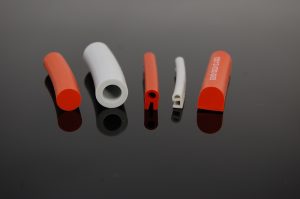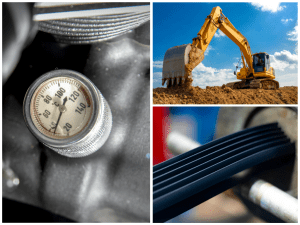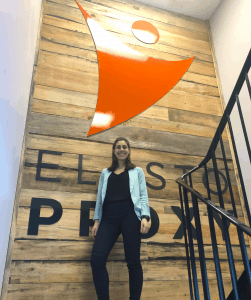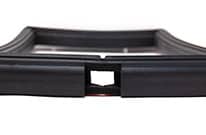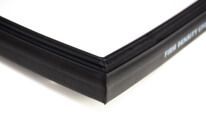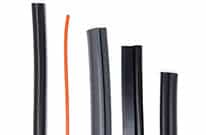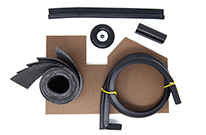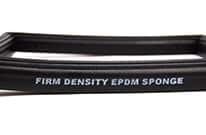First article inspection (FAI) for aerospace seals and gaskets is a complete, independent, and documented process that involves both physical and functional inspection. The purpose of the FAI is to verify that the gasket fabricator’s production methods have produced an acceptable aerospace seal as specified by the customer’s engineering drawings or other applicable design documents. In other words, an aerospace company’s FAI validates the gasket fabricator’s manufacturing processes and ensures that all the engineering requirements have been addressed, verified, and documented.
First article inspection (FAI) also demonstrates the gasket fabricator’s commitment to quality under AS9100, the international management system standard for the aircraft, space and defense (AS&D) industry. Like other management standards, AS9100 references supporting documentation. One of these standards, AS9102, is a guidance document rather than a formal requirement. Yet AS9102 defines FAIs in a way that the entire aerospace supply chain needs to understand. Because AS9102 outlines FAI best practices, many companies use it instead of defining their own requirements.
When Does First Article Inspection Apply?
FAI applies to all aerospace seals and gaskets that have drawings. It does not apply to commercial off-the-shelf (COTS) items or to standard parts where the supplier can prove that a rubber product has been qualified to a procurement specification such as National Aerospace Standards (NAS). A full FAI should be performed for every new part introduction, or when production resumes after a lapse of more than two years. A partial FAI should be performed when there is a design change or a significant change in the manufacturing method, such as the use of a new machine or production sequence.
AS9100 Rev. D and First Article Inspection
AS9100D, the current version of the AS9100 standard, states that an organization (e.g., the gasket fabricator) “shall implement production process verification activities to ensure that the production process is able to produce products that meet requirements” established by the customer. With aerospace seals, the fabricator can choose a representative item from a first production run and verify that “production processes, production documentation, and tooling are able to produce parts and assemblies that meet requirements.” This activity, AS9100D explains, can be referred to as “First Article Inspection”, or FAI.
AS9012 Rev. B and First Article Inspection
AS9102B, the current version of AS9102, describes how aerospace companies can implement FAI activities to verify that a gasket fabricator’s manufacturing processes can produce an aerospace seal that meets engineering requirements. AS9102B then standardizes the FAI process through three forms that comprise a First Article Inspection Report (FAIR).
- AS9012 Form 1 identifies the part that is being inspected and any associated sub-assemblies or detail parts
- AS9012 Form 2 is used if any material, special processes, or functional tests are defined as design
- AS9103 Form 3 is used to record an actual measurement or inspection/verification of the FAI part for every design characteristic on the drawing, including notes.
Some aerospace companies allow gasket fabricators to use their own forms as long as these documents contain all of the required information outlined in AS9102. Other aerospace companies require some or all of the AS9012 forms. Again, because AS9102 is a guidance document instead of a set of requirements, it’s important for the aerospace company and the gasket fabricator to understand what’s needed. Typically, this understanding is defined in form of contractual requirements.
ASD9100D Certified Fabrication and FAIs
Elasto Proxy is an aerospace gasket fabricator with a manufacturing facility near Montreal, Canada that is ASD9100D certified. We can produce seals, gaskets and insulation for first article inspection and supply you with standard AS9102 Forms or other FAI documentation. To learn more about our value-added manufacturing capabilities and how we can help you, please contact us.

